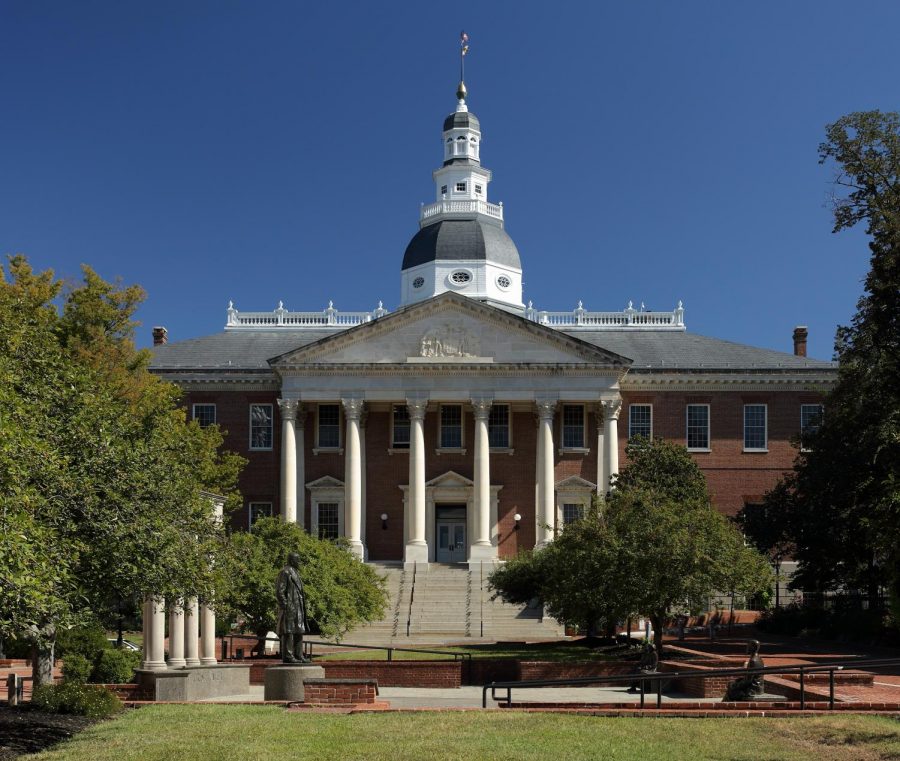MD to raise minimum wage to $15
March 28, 2019
AACC students said March 28 they are in favor of raising Maryland’s minimum wage to $15 by 2025.
In an informal Campus Current survey of 25 students on the Arnold campus, 14 said they support the Maryland General Assembly’s effort to raise the minimum wage to $15, and 11 said they favor Gov. Larry Hogan’s counterproposal to cap the minimum wage at $12.10.
“It affects how we live here because the cost of living is so high, so it makes sense to raise it here,” second-year chemistry student Catelyn Middlebrooks said.
The General Assembly passed a bill to increase the minimum wage—$10.10 an hour—to $11 in January 2020; $12.50 by 2022; and $15 by 2025. Hogan vetoed this bill on March 27, saying it would hurt the state’s economy.
The Legislature overrode the veto the following day.
Hogan argued businesses would move out of state to save money if they had to pay their workers more than the surrounding states with lower minimum wages.
Virginia’s minimum wage is $7.25; the District pays $13.25 an hour; Delaware’s is $8.75, with scheduled hikes until the wage caps at $10.25 in 2021.
“[Virginia] is not even as close as expensive as living here, because we’re right next to D.C.; we’re right next to Baltimore and all these places,” second-year chemistry student Simone Desouza said. “It’s so much more expensive living here, so it wouldn’t really be fair” to have a low minimum wage.
“I think in the long run, especially because poverty is getting so high now, we need to do something about it,” Desouza said.
However, some students agreed with Hogan, citing the issues that go with the minimum wage increase in Maryland.
“I get what [Hogan] is saying. … Businesses will move, definitely,” Desouza said.
A $15-an-hour minimum wage “could benefit people, but we could also lose jobs,” Middlebrooks said. “It makes sense to wait until other states” raise their minimum wage “so it doesn’t affect jobs as much.”
But Middlebrooks added, “I think overall if we raised [the minimum wage], it would be a benefit.”
First-year undecided student Kenneth Hilladrake said a higher minimum wage could have a downside.
“Imagine if one day you go in to buy a candy bar; it’s a dollar,” he said. “You go back to that same location in, say, a week after the minimum wage is increased. That same candy bar, same size, same brand, everything, from that same location is now going to be $1.79.”












